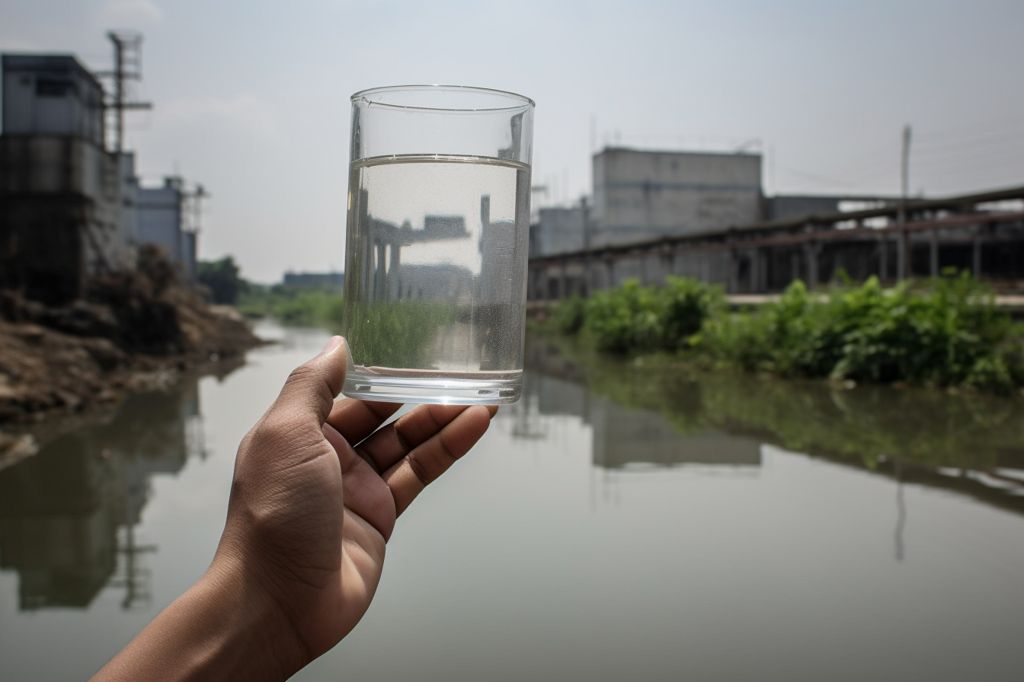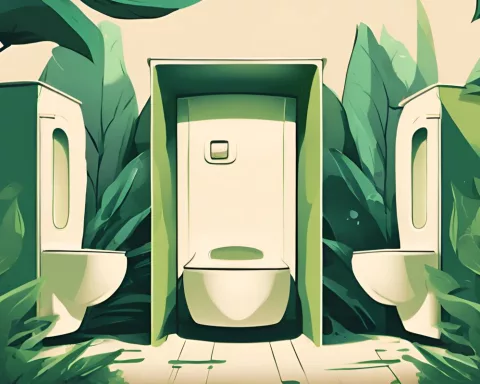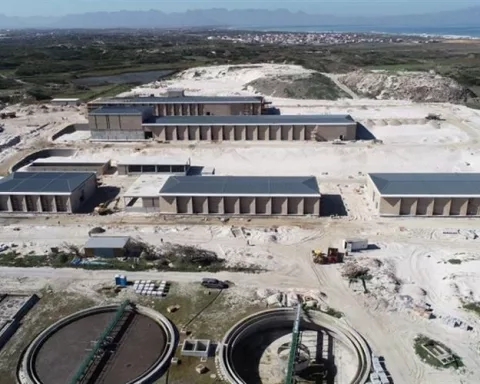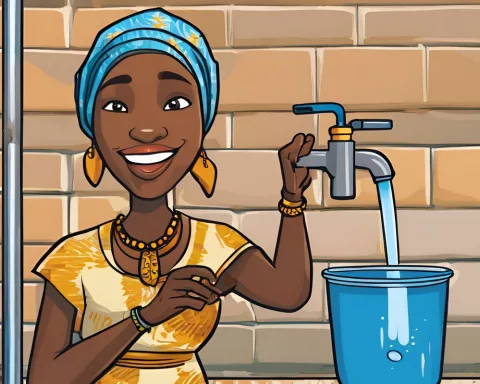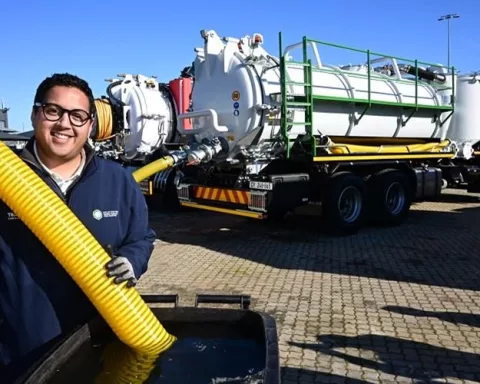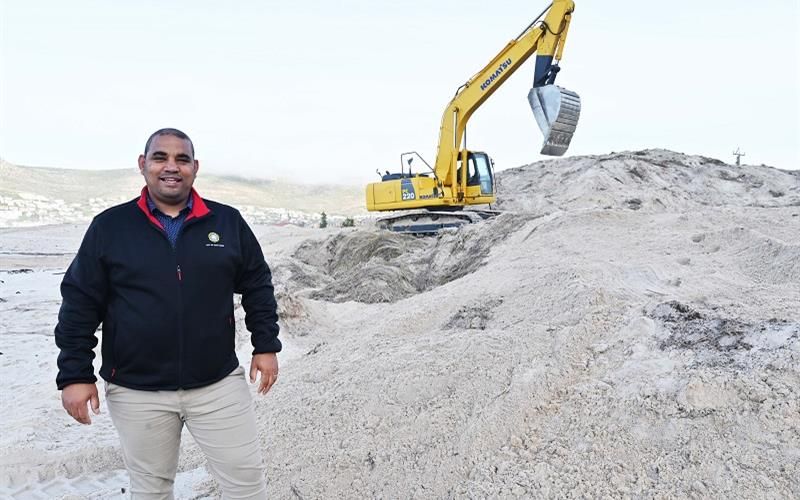The recent cholera outbreak in Hammanskraal, a community north of Tshwane, has prompted action from the Minister of Water and Sanitation, Mr. Senzo Mchunu, and the Executive Mayor of the City of Tshwane, Cllr Cilliers Brink, to address critical water and sanitation issues in the area.
Background
The outbreak in Hammanskraal saw 173 reported cases of cholera and 24 fatalities. Pollution of local water sources is suspected to be linked to the poorly maintained Rooiwal Waste Water Treatment Works. The plant lacks the capacity to manage the volume of wastewater it receives. The pollution from Rooiwal contaminates the Apies River, which then flows into the Leeukraal Dam. The water supply at the Temba Water Treatment Works is heavily polluted, leading the City of Tshwane to advise residents not to consume tap water and instead supplied them with water tankers.
Agreement between DWS and the City
DWS and the City have agreed to manage a project that aims to fix infrastructure problems in Hammanskraal. Tshwane will contribute R450 million over three financial years from its Urban Settlements Development Grant (USDG) allocations. The Development Bank of Southern Africa (DBSA) will oversee the design and construction work. DWS and the City will form a joint steering committee to monitor the project.
Implementation Plan
DWS, the City, and National Treasury, working with DBSA, are developing a financing plan to secure funding for the Rooiwal WWTW repair and upgrade. The project will commence using the allocated funds from Tshwane’s USDG grant, potentially supplemented by DBSA loan or bridging finance.
Short-term Interventions
From August this year until March 2024, a more advanced wastewater technology solution will be installed at the Rooiwal plant, reducing E-coli levels. Simultaneously, Magalies Water will install a portable water treatment plant at its Klipdrift Water Treatment Works near Hammanskraal. This plant will produce 30-40 Ml/day of treated drinking water, which will be fed into the Hammanskraal piped water distribution system.
Repair and Upgrading of the Rooiwal Waste Water Works
The repair and upgrading process for the Rooiwal Waste Water Works will occur in three phases. The first phase will complete existing repair work. The second phase will involve upgrading the plant’s treatment capacity and desilting sludge at the Leeukraal dam. The third phase will add an additional 80 Ml/day of capacity to the plant, addressing the current and future projected waste water load in Hammanskraal.
The joint effort between DWS and the City of Tshwane aims to provide a comprehensive and effective solution to the water and sanitation issues in Hammanskraal. Through collaboration and well-planned interventions, it is hoped that the residents of Hammanskraal will soon have access to clean, safe drinking water, and the region’s environmental health will be restored.

